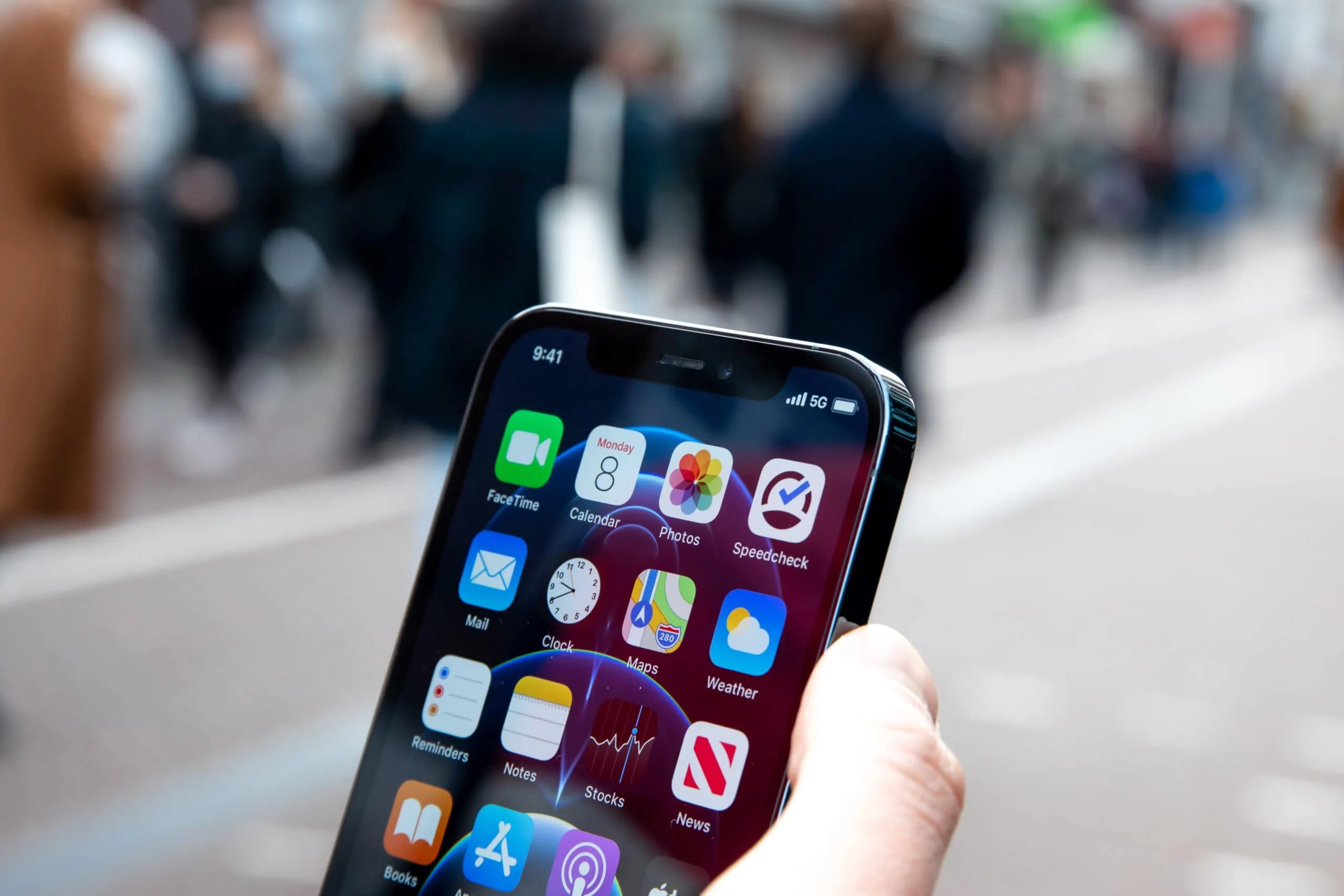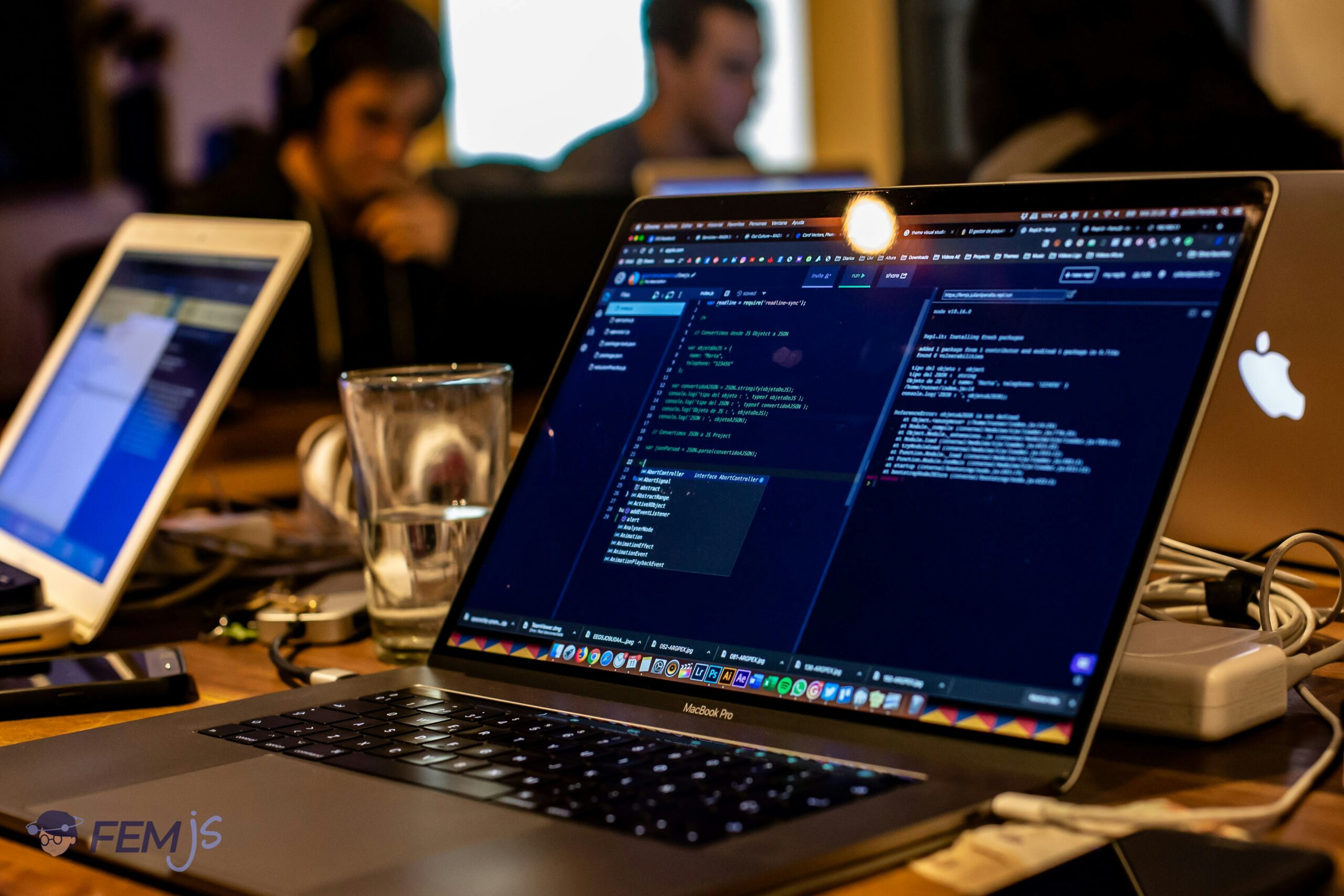Introduction: Is Cellular Data Secure?
Is Cellular Data Secure? In today’s digital age, where smartphones and tablets have become an integral part of our lives, we rely heavily on cellular data to stay connected and access information on the go. But have you ever wondered if your cellular data is secure? With cyber threats on the rise, it’s crucial to understand the level of security provided by cellular networks to protect our personal information and sensitive data.
Cellular data refers to the information transmitted over cellular networks, allowing us to make calls, send messages, and browse the internet using our mobile devices. However, concerns about the security of this data have been raised, as hackers and cybercriminals are constantly finding new ways to exploit vulnerabilities and gain unauthorized access to our private information. So, the question remains: is cellular data secure? Let’s delve into this topic and explore the measures in place to safeguard our data from potential threats.
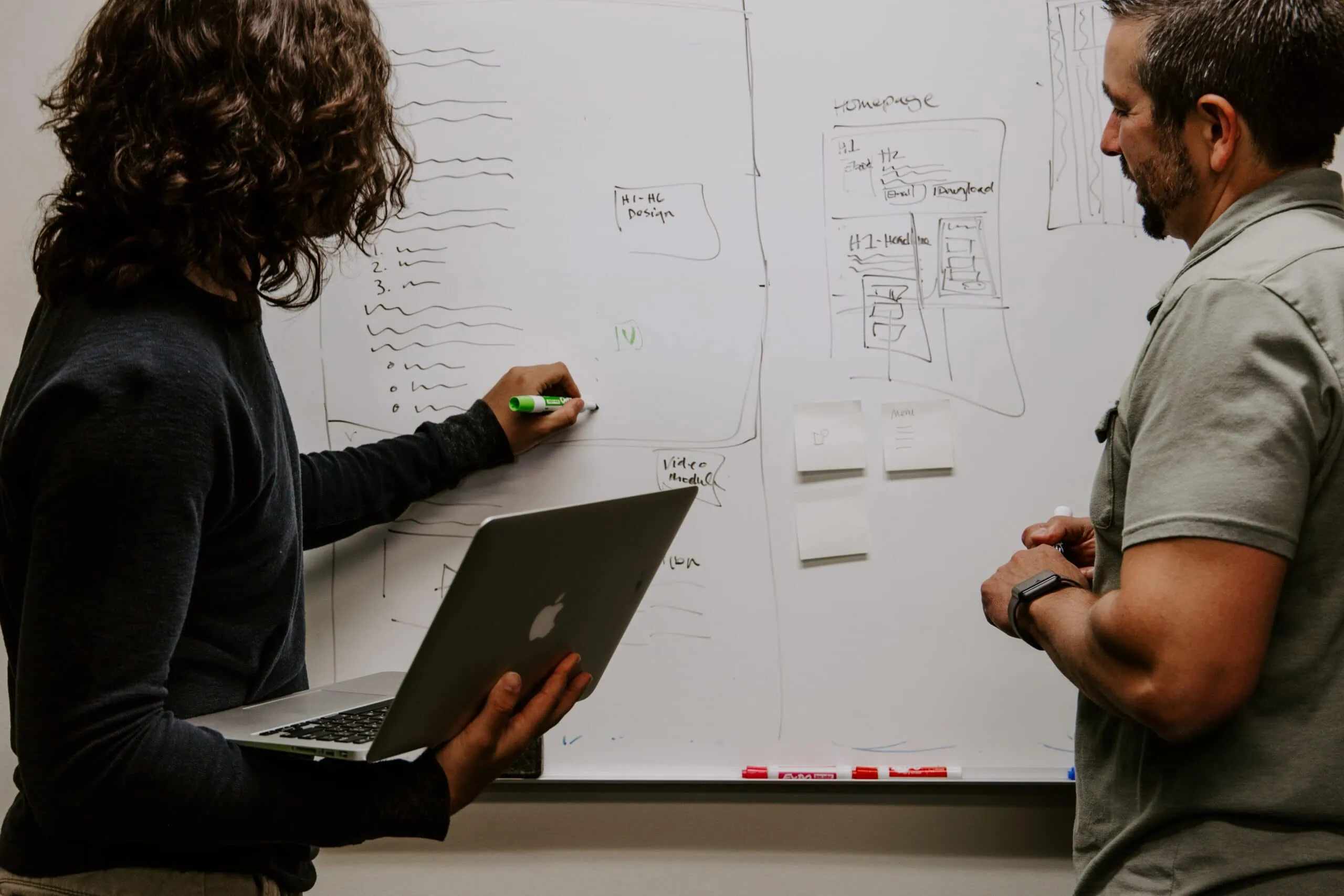
The Importance of Cellular Data Security: Protecting Your Personal Information
Smartphones have become an essential part of our lives, it is crucial to prioritize the security of our personal information. Cellular data security plays a vital role in safeguarding our sensitive data from potential threats and unauthorized access.
When we use our smartphones to browse the internet, access social media, or make online transactions, our personal information, such as passwords, credit card details, and even our location, can be at risk. Therefore, it is essential to take proactive measures to protect our cellular data. By using strong and unique passwords, enabling two-factor authentication, and regularly updating our device’s software, we can significantly reduce the chances of falling victim to cyberattacks. Additionally, it is crucial to be cautious when connecting to public Wi-Fi networks, as they can be vulnerable to hackers. By using a virtual private network (VPN) when accessing public Wi-Fi, we can encrypt our data and ensure a secure connection. Remember, prioritizing cellular data security is not only about protecting ourselves but also about safeguarding our digital footprint and maintaining our privacy in an increasingly interconnected world.

Understanding the Risks: Common Threats to Cellular Data Security
Cellular data security is a crucial aspect of our digital lives. It ensures that our personal information, such as passwords and financial details, remains safe when using our smartphones or tablets. However, there are several common threats that can compromise this security. It is important to understand these risks to protect ourselves and our data.
One common threat is malware, which refers to malicious software that can infect our devices. Malware can be disguised as harmless apps or files, and once installed, it can steal our personal information or even take control of our devices. Another risk is phishing, where cybercriminals trick us into revealing sensitive information by posing as trustworthy sources. They may send fake emails or messages that appear legitimate, leading us to unknowingly disclose our passwords or financial details.
To safeguard our cellular data, it is essential to stay vigilant and take preventive measures. This includes installing reputable antivirus software to detect and remove malware, being cautious when downloading apps or files from unknown sources, and regularly updating our devices’ operating systems. Additionally, we should be wary of suspicious emails or messages, double-checking their authenticity before providing any personal information. By understanding these common threats and taking necessary precautions, we can ensure the security of our cellular data and protect ourselves from potential harm.
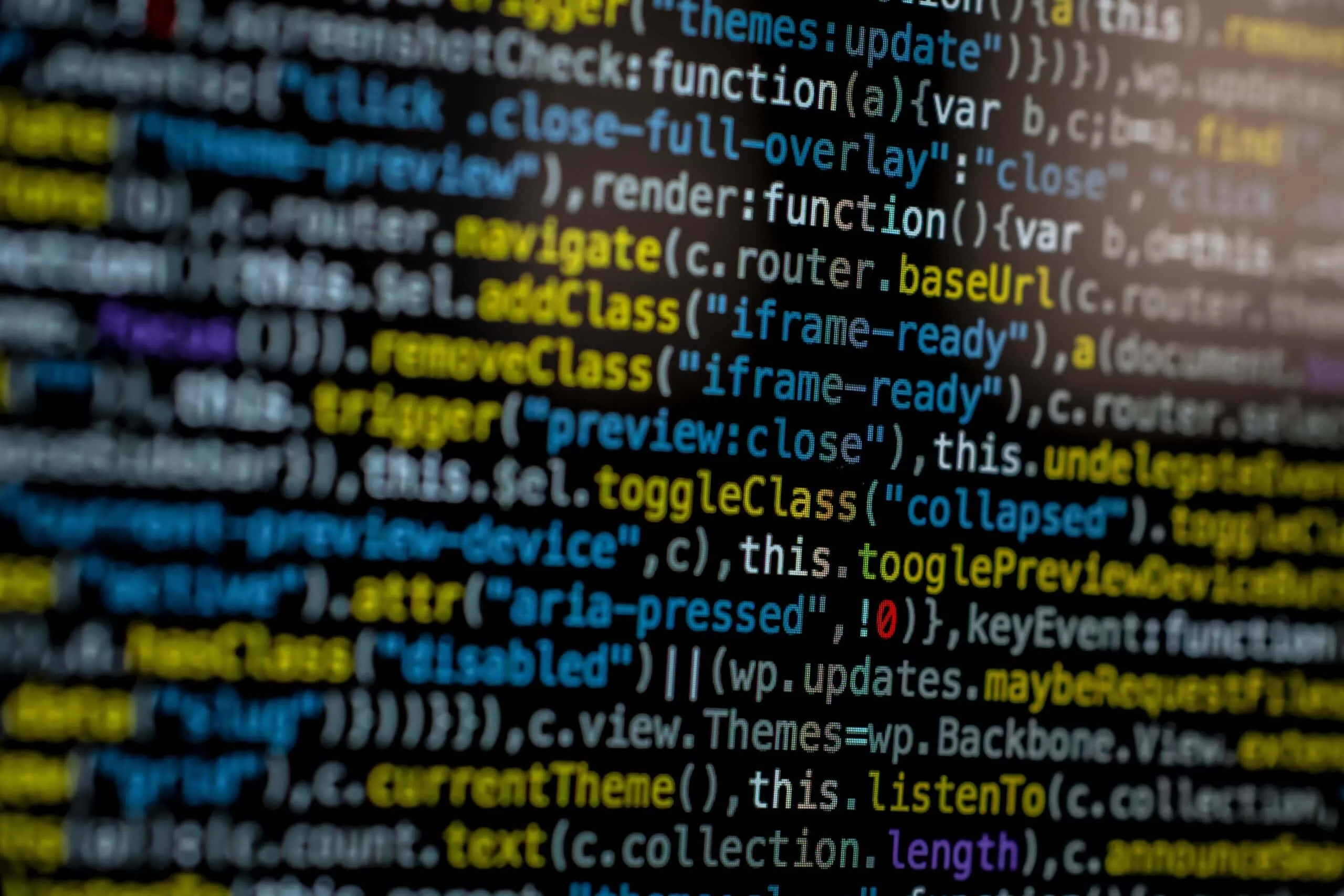
Encryption: The Key to Securing Your Cellular Data
In today’s digital age, where our smartphones have become an integral part of our lives, ensuring the security of our cellular data has become more important than ever. This is where encryption comes into play. Encryption is a process that converts our sensitive information into a code that can only be deciphered by authorized individuals or devices. It acts as a protective shield, safeguarding our data from falling into the wrong hands.
Encryption works by using complex algorithms to scramble our data, making it unreadable to anyone who doesn’t possess the encryption key. This key is like a secret password that unlocks the code and allows access to the information. Without the key, even if someone intercepts our data, they won’t be able to make any sense of it. This ensures that our personal messages, financial transactions, and other sensitive information remain secure and private.
By implementing encryption on our cellular devices, we can have peace of mind knowing that our data is protected from hackers, identity thieves, and other malicious actors. It adds an extra layer of security, making it incredibly difficult for anyone to breach our privacy. So, the next time you use your smartphone, remember the importance of encryption in keeping your cellular data safe and secure.

Best Practices for Secure Cellular Data Usage: Tips and Tricks
In today’s digital age, it’s crucial to prioritize the security of our cellular data. Whether we’re browsing the web, using mobile apps, or accessing sensitive information, following best practices can help protect our personal information from potential threats. Here are some simple yet effective tips and tricks to ensure secure cellular data usage.
- It’s essential to keep your mobile device’s software up to date. Regularly installing updates and patches helps fix any security vulnerabilities that may exist. Additionally, enabling a strong passcode or biometric authentication, such as fingerprint or facial recognition, adds an extra layer of protection to your device.
- When connecting to public Wi-Fi networks, exercise caution. Public networks can be a breeding ground for hackers to intercept your data. Consider using a virtual private network (VPN) to encrypt your internet connection and safeguard your cellular data from prying eyes.
- Be mindful of the permissions you grant to mobile apps. Only provide necessary permissions and review app permissions regularly to ensure they align with the app’s functionality. Avoid downloading apps from untrusted sources or clicking on suspicious links, as they may contain malware or phishing attempts.
- Regularly backing up your data is crucial. In the event of a security breach or device loss, having a recent backup ensures you don’t lose valuable information. Utilize cloud storage or external devices to securely store your backups.
By following these best practices, you can enhance the security of your cellular data and minimize the risk of falling victim to cyber threats. Stay vigilant and make informed decisions to safeguard your personal information in the digital realm.
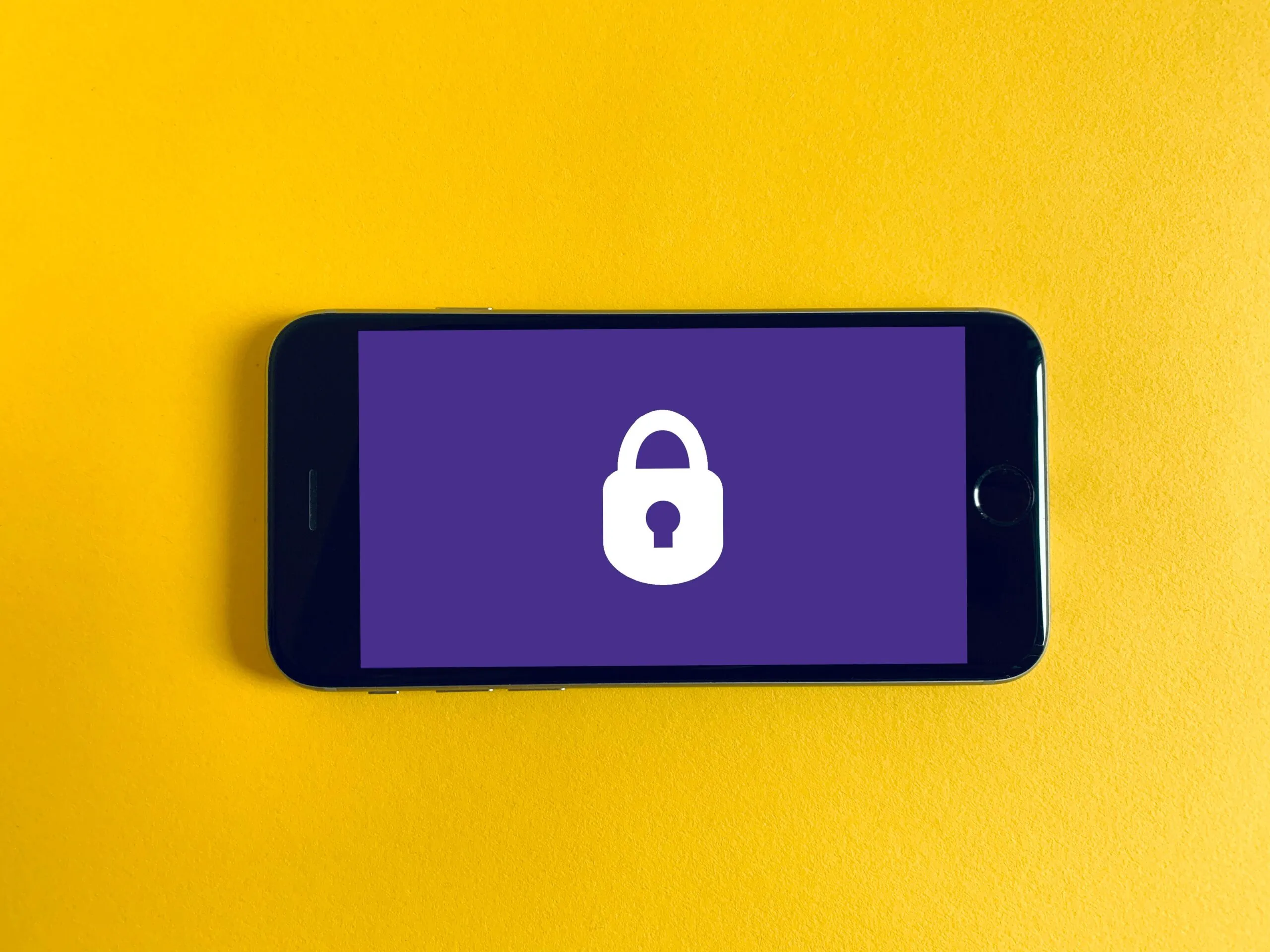
Public Wi-Fi Networks: Potential Dangers and How to Stay Safe
Public Wi-Fi networks are a convenient way to stay connected while on the go, but they can also pose potential dangers to your online security. When you connect to a public Wi-Fi network, such as those found in coffee shops, airports, or hotels, your personal information could be at risk. Hackers can easily intercept your data, including passwords, credit card numbers, and other sensitive information.
To stay safe while using public Wi-Fi networks, there are a few precautions you can take. First, avoid accessing or sharing any personal or sensitive information while connected to a public network. If possible, use a virtual private network (VPN) to encrypt your data and protect your online activities. Additionally, make sure your device’s firewall is enabled and keep your operating system and antivirus software up to date. By following these simple steps, you can enjoy the convenience of public Wi-Fi networks while keeping your personal information secure.
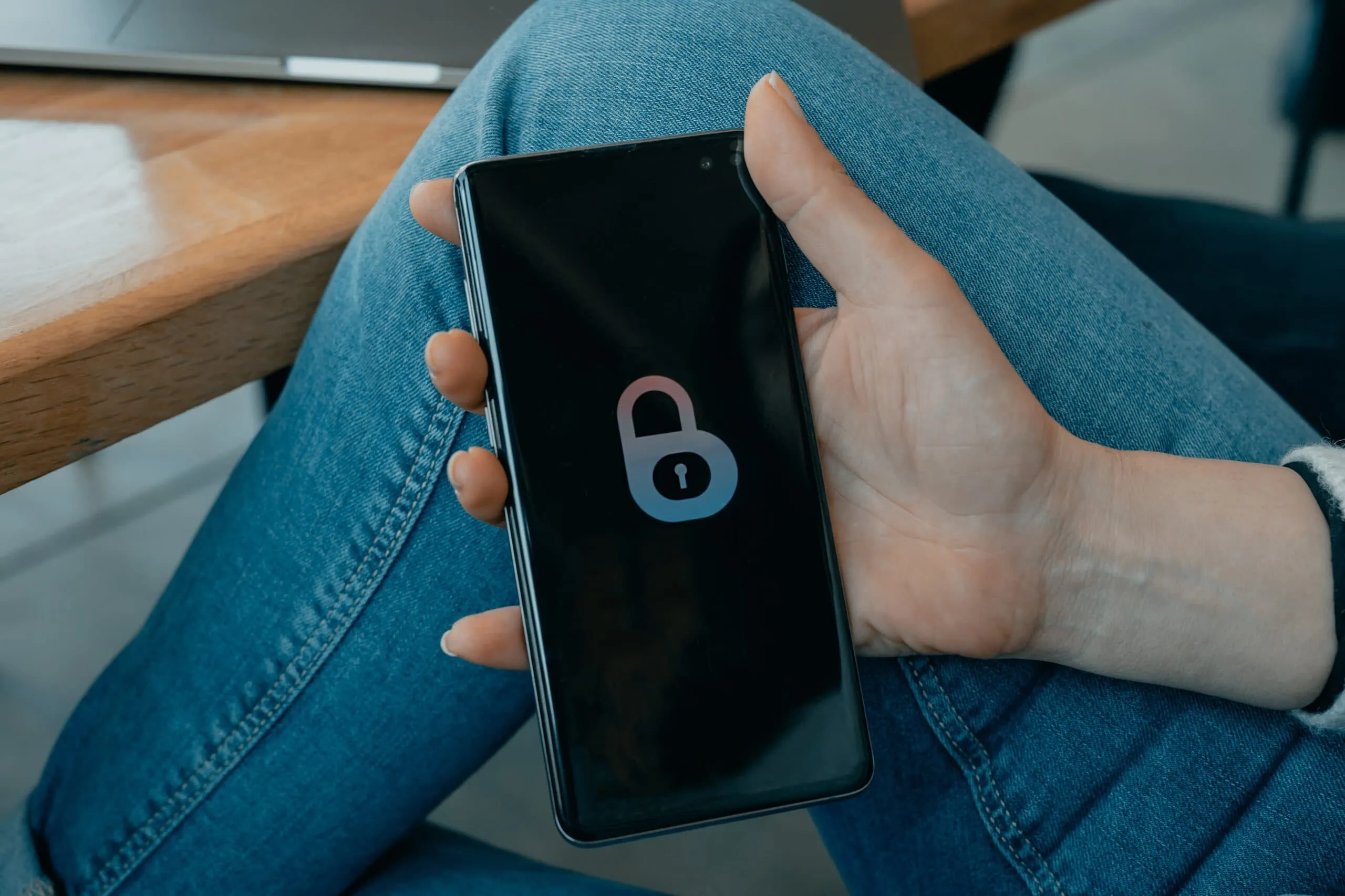
The Role of VPNs in Cellular Data Security: An Extra Layer of Protection
In today’s digital age, where we rely heavily on our smartphones and tablets for various online activities, it is crucial to prioritize the security of our cellular data. This is where Virtual Private Networks (VPNs) play a vital role. VPNs act as a shield, providing an extra layer of protection for our sensitive information when we connect to the internet using cellular data.
When we use our mobile devices to access the internet, our data can be vulnerable to hackers and other malicious entities. However, by using a VPN, our cellular data becomes encrypted and secure. VPNs create a secure tunnel between our device and the websites we visit, making it nearly impossible for anyone to intercept or access our data. This added security measure ensures that our personal information, such as passwords, credit card details, and browsing history, remains private and protected from potential threats. By using a VPN, we can browse the internet with peace of mind, knowing that our cellular data is safeguarded against unauthorized access.
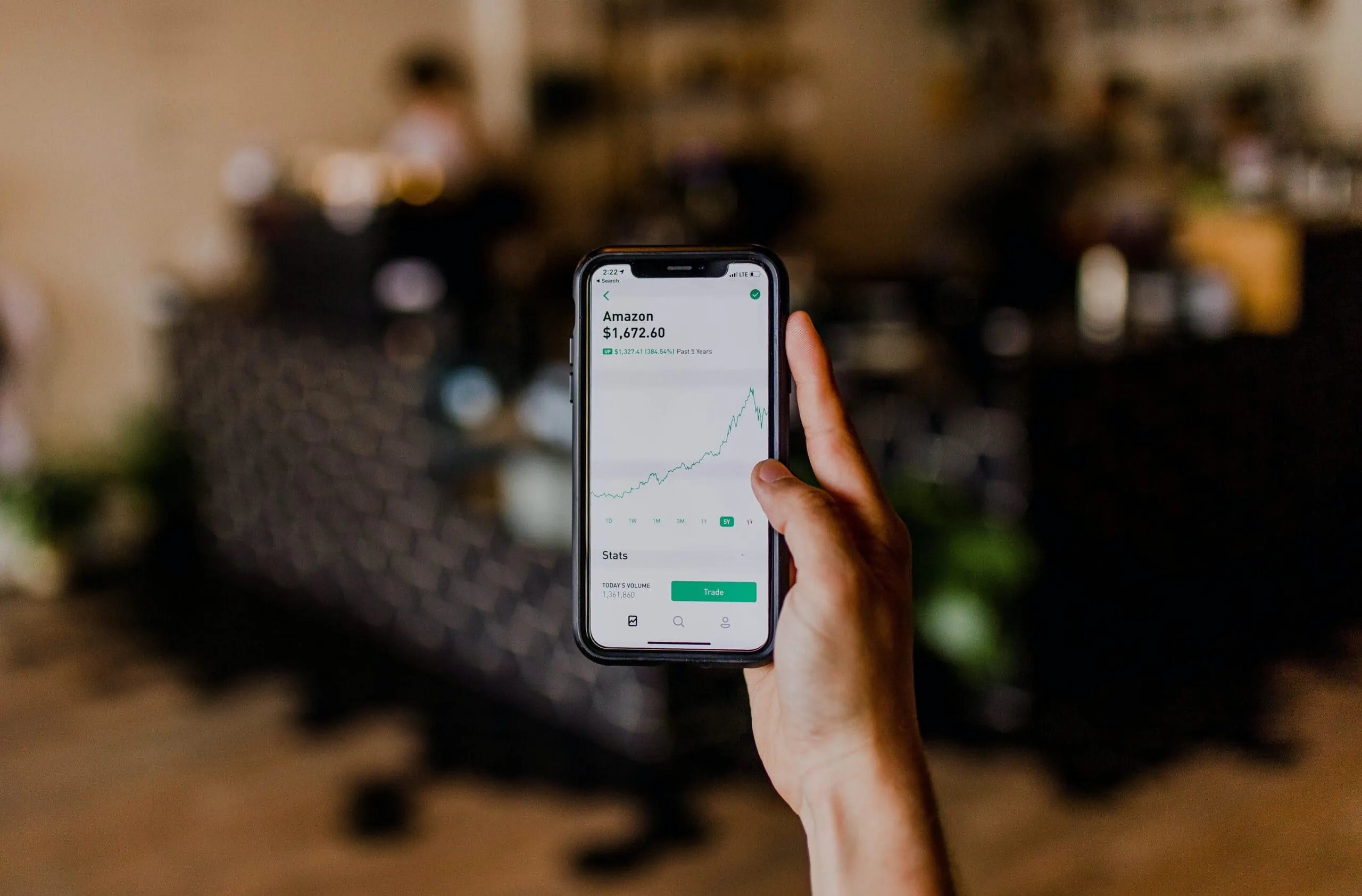
Conclusion: Is Cellular Data Secure?
In conclusion, the security of cellular data is a crucial concern in our increasingly connected world. While cellular networks employ various encryption methods to protect our data, it is important to remain vigilant and take necessary precautions to safeguard our personal information.
Cellular data encryption ensures that the information we transmit over the network is encoded and can only be deciphered by the intended recipient. This helps protect our sensitive data, such as passwords, financial information, and personal details, from falling into the wrong hands. However, it is essential to remember that no security measure is foolproof, and determined hackers can still find ways to exploit vulnerabilities.
To enhance cellular data security, it is advisable to use strong and unique passwords, enable two-factor authentication whenever possible, and avoid connecting to public Wi-Fi networks without using a virtual private network (VPN). Additionally, keeping devices and apps up to date with the latest security patches and being cautious while downloading files or clicking on suspicious links can further reduce the risk of data breaches.
While cellular data security is a complex topic, understanding the basics and taking necessary precautions can go a long way in protecting our personal information. By staying informed and adopting secure practices, we can enjoy the benefits of cellular connectivity without compromising our privacy and security.


